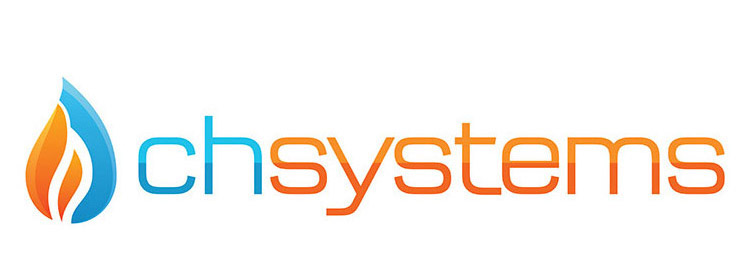Businesses’ top complaints when it comes to energy supply service
New research articulated in HVP Magazine suggests that the service offered by energy suppliers to UK businesses is not up to scratch. The strict guidelines that inform the competence of companies offering a commercial boiler installation service seem to have evaded the energy companies that fuel these boilers. An overall lack of professionalism is alienating potential customers, and this in turn is having a negative impact on post-recession economic recovery – according to Craig Brown, managing director of Signs Express.
Business decision makers in the construction and property sector were asked to tally the most frustrating practices when dealing with suppliers; here’s the list:
- Supplier’s ‘hard sell’ approach – 56%.
- Not providing a quote as promised – 50%.
- Inexperience and inability to answer questions – 38%.
- Supplier not turning up for an appointment – 30%.
- Quote exceeding estimate – 26%.
- Acting in an overly-friendly or inappropriately familiar manner – 15%.
- Supplier looking scruffy or unprofessional – 14%.
- Turning up late for an appointment – 12%.
When supplier competition is rife, the fact that energy companies are not bending over backwards to win business is somewhat remarkable. Although the survey focuses on construction and property commerce in particular, there exists an ensuing assumption that many business owners are facing similar grievances.
According to recent forecasts by UK energy operator National Grid, the price of electricity could double over the next couple of years unless the country invests more in local gas production. Hopefully this won’t be the case but if the worst scenario comes to fruition, the only way business owners will comply is through impeccable supplier service – punctuality, fairness, reliability, a sense of expertise and care.
Not delivering on quotes and inflexible tariffs have the potential to impact net earnings, and on a large scale the economy as a whole. It’s up to businesses to voice their dissatisfaction and in turn for suppliers to listen not only listen but make the necessary changes.
Sources: hvpmag.co.uk – “New survey reveals top supplier turn-offs” and Theguardian.com – “Price of electricity could double over next 20 years, says National Grid”
If you’d like further information, feel free to contact the CH Systems team on 0208 302 8149 or info@chsystems.cc.



